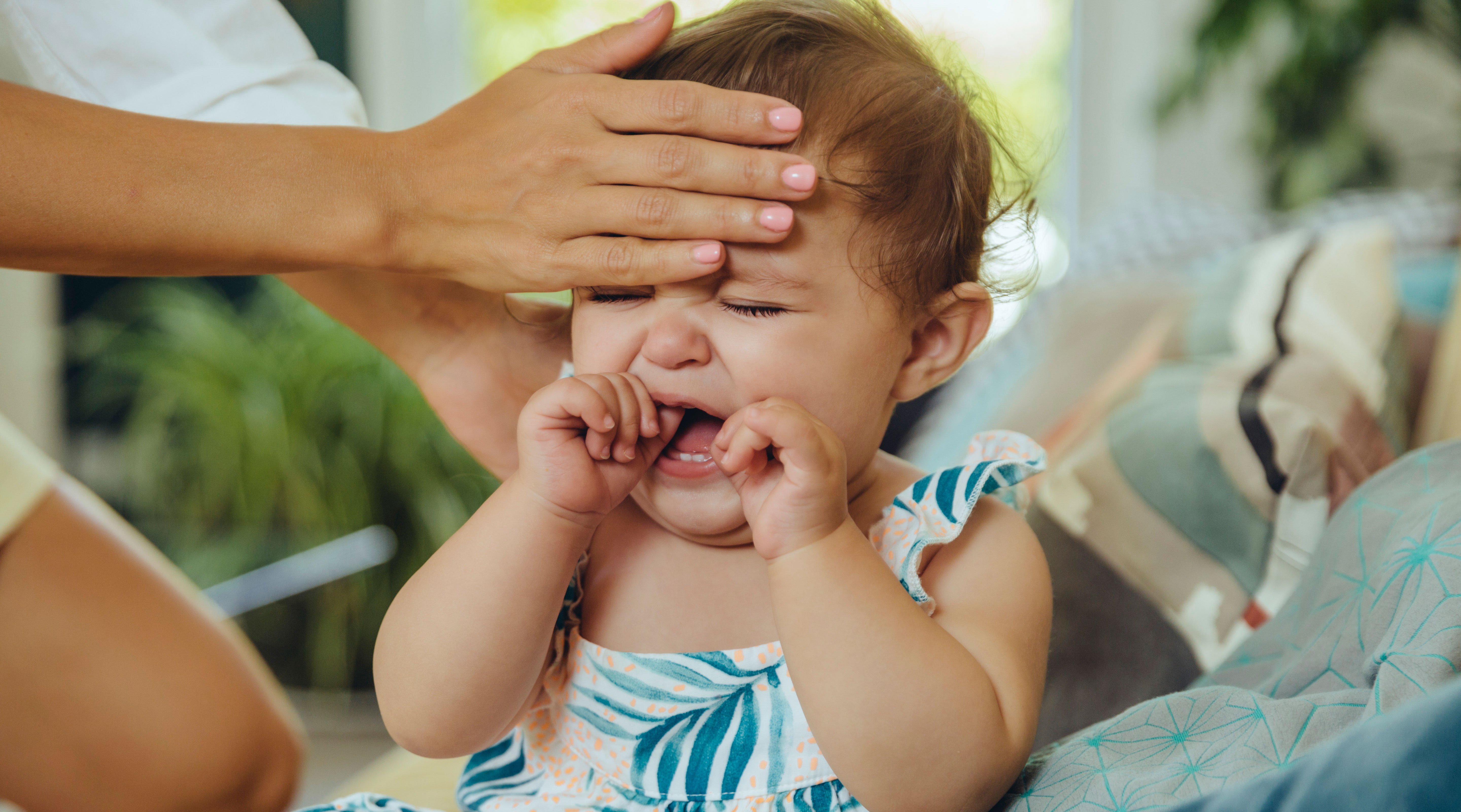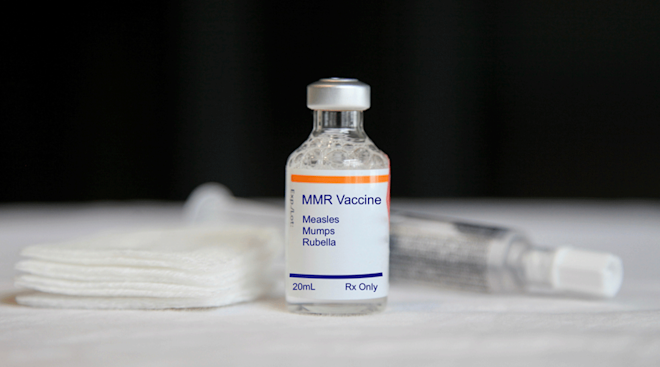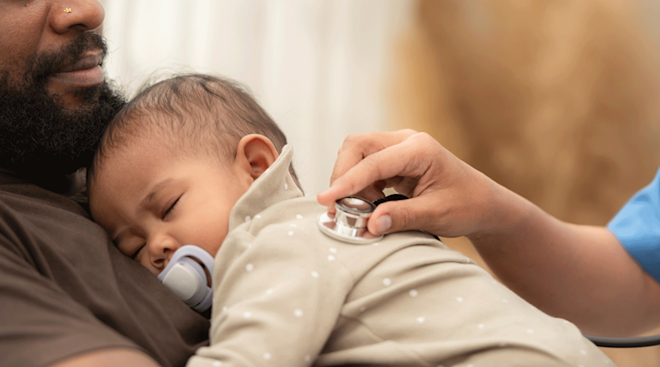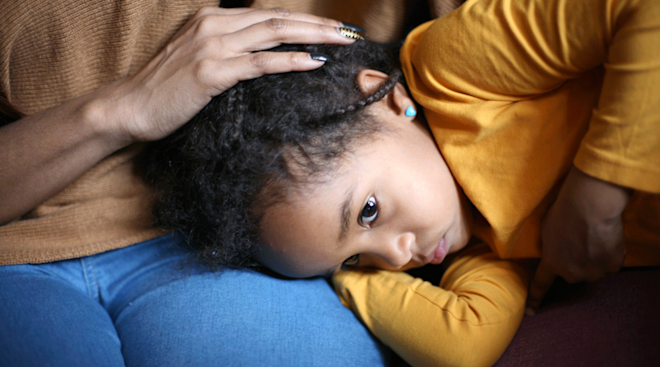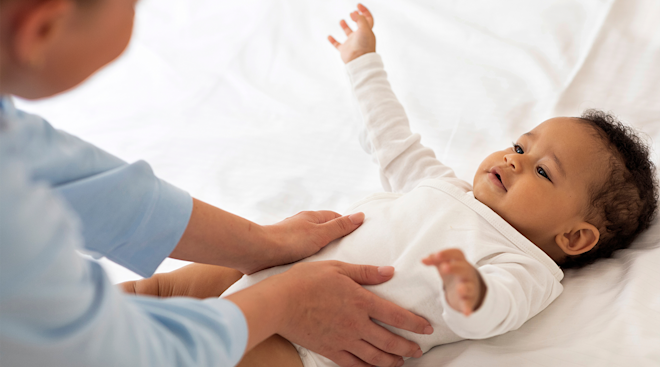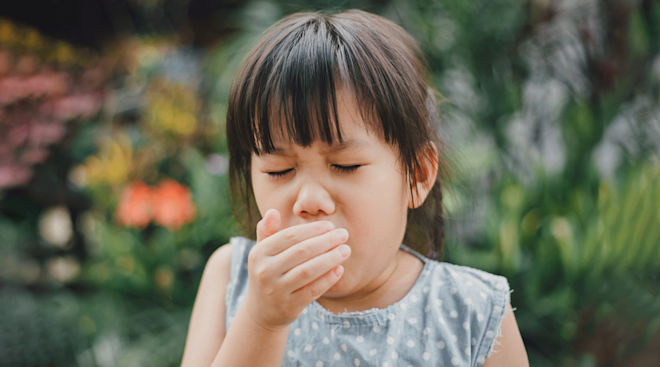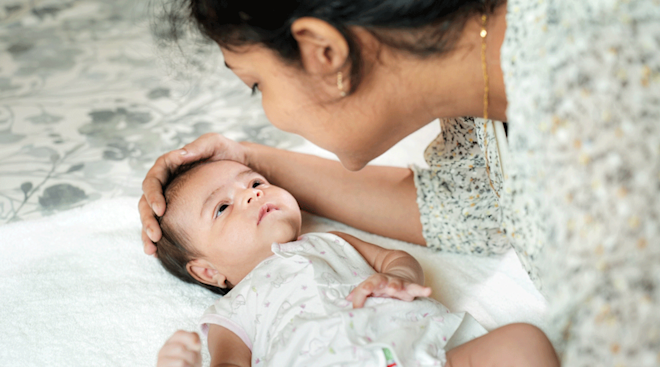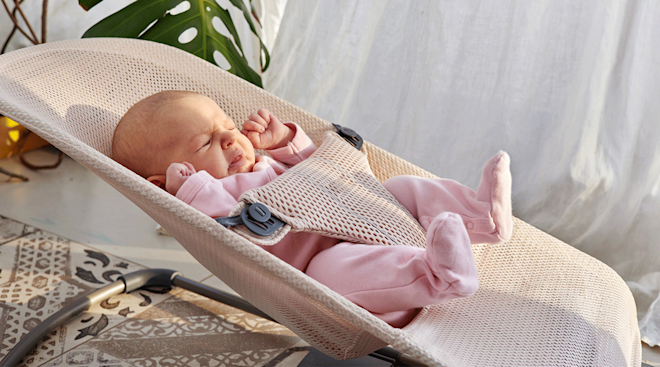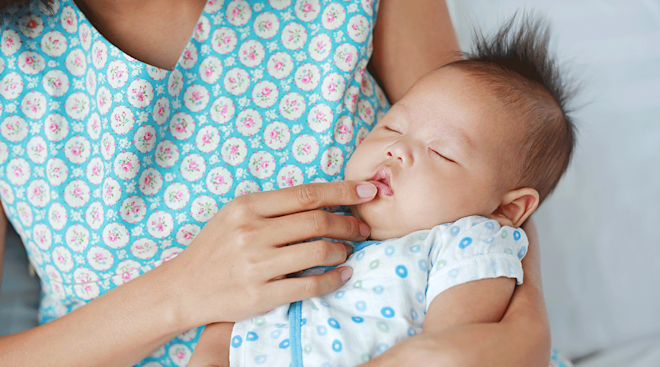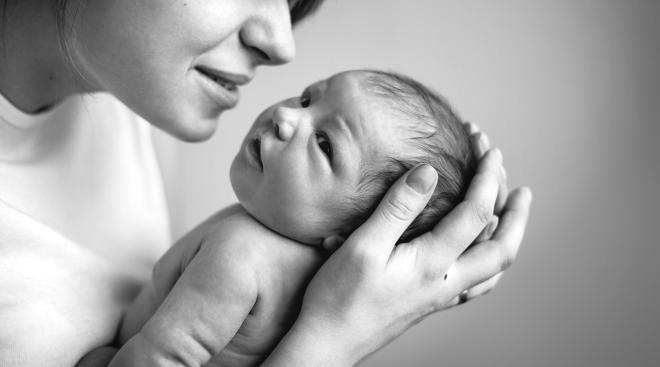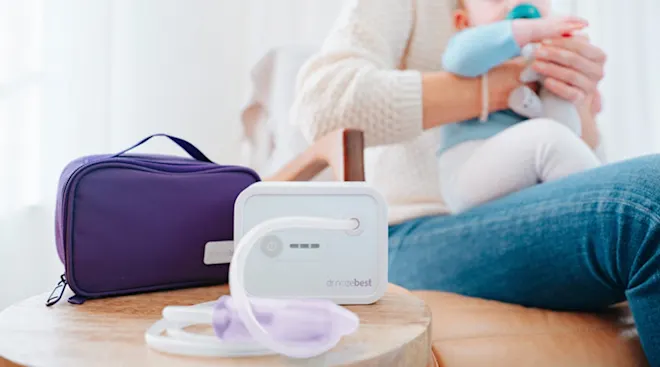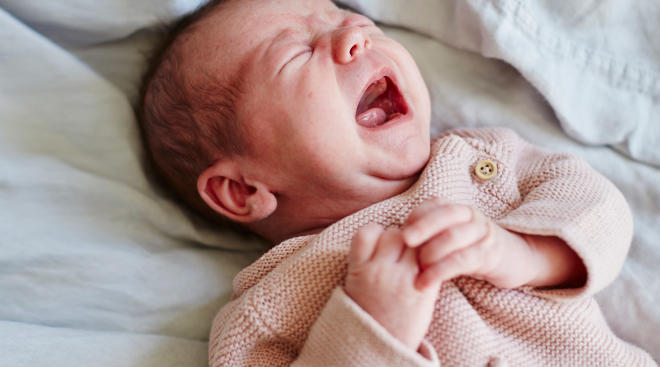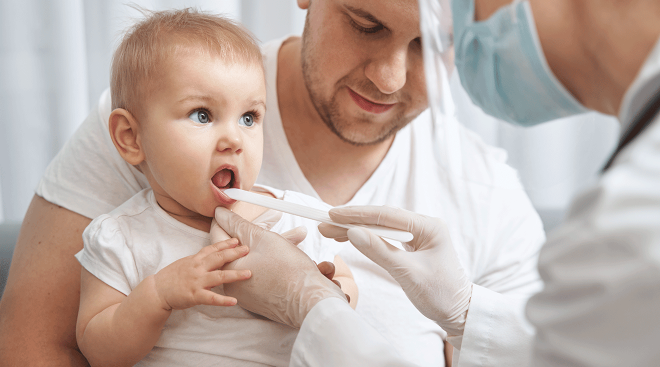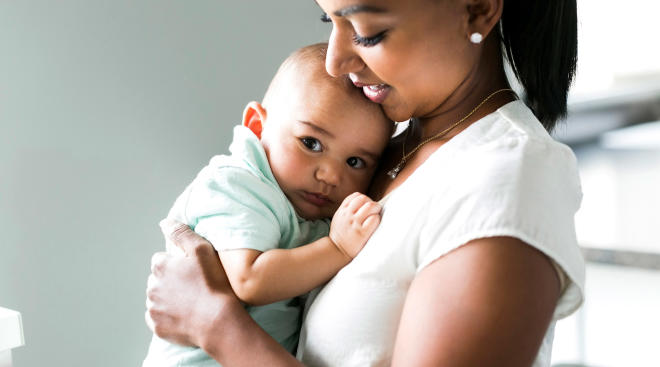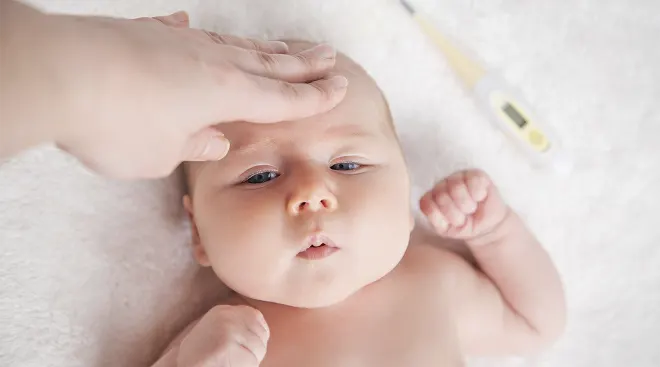These States Are Seeing an Unusual Summertime Spike in RSV Cases
If you’re a parent to young children, you may be hearing a lot of talk of Respiratory Syncytial Virus, more commonly known as RSV. RSV is a contagious virus that can look a lot like a cold, with symptoms including congestion, dry cough, sore throat and a low-grade fever, but is more easily spread and can extend into the lungs. It’s also really common, and the CDC estimates all babies will have likely had the virus by the time they’re 2. Typically, RSV season is seen alongside cold and flu season, from the months of November through March. However, according to the CDC cases have been on the rise this summer.
RSV cases initially spiked in June. At the time, the CDC reported that RSV was spreading in southern states including Alabama, Georgia, Florida, Kentucky, Mississippi, North Carolina, South Carolina, Tennessee, Louisiana, Arkansas, New Mexico, Oklahoma and Texas. The CDC encouraged broader testing for RSV among patients who had acute respiratory illness or tested negative for COVID-19.
“In the United States, RSV infections occur primarily during the fall and winter cold and flu season. In April 2020, RSV activity decreased rapidly, likely due to the adoption of public health measures to reduce the spread of COVID-19,” the organization said in a health advisory. “Compared with previous years, RSV activity remained relatively low from May 2020 to March 2021. However, since late March, CDC has observed an increase in RSV detections reported to the National Respiratory and Enteric Virus Surveillance System (NREVSS), a nationwide passive, laboratory-based surveillance network.”
In recent weeks, according to the CDC’s data, the health departments in some midwestern states, including Iowa and Ohio, have also been seeing an increase in RSV cases, with over 100 cases in each state. Plus, Texas has seen over 1,000 cases in the past five weeks.
So how can parents keep their kids from getting it? Dina DiMaggio, MD, pediatrician and official spokesperson for the American Academy of Pediatrics, explains many of the preventative measures are similar to those of COVID-19.
“We…are seeing a surge that corresponds with the relaxing of COVID-19 restrictions,” she says. “To keep children safe from RSV the best strategies are to cover coughs [and] sneezes with a tissue, wash hands with soap [and] water for 20 seconds, clean frequently touched surfaces that might hold germs like favorite toys, and avoid having your child go to daycare [or] school if sick.”
A few more helpful tips? Keep baby away from people who may be sick; don’t share cups or utensils; avoid crowded places; and keep sick siblings away.
Please note: The Bump and the materials and information it contains are not intended to, and do not constitute, medical or other health advice or diagnosis and should not be used as such. You should always consult with a qualified physician or health professional about your specific circumstances.
Navigate forward to interact with the calendar and select a date. Press the question mark key to get the keyboard shortcuts for changing dates.

































